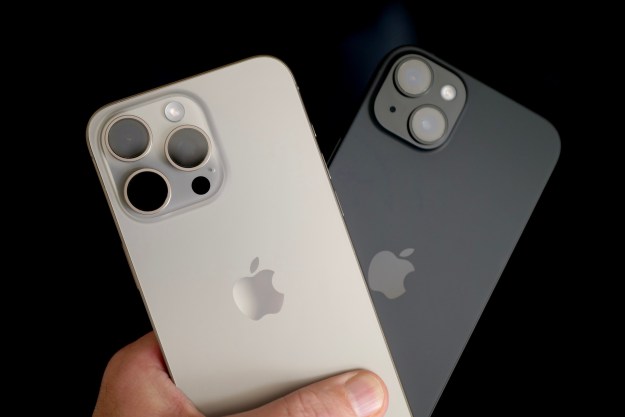Chinese tech giant Baidu has sued Apple and a number of app developers over fake versions of its AI chatbot that have appeared in the App Store.
Baidu unveiled its own version of OpenAI’s ChatGPT and Google’s Bard chatbots in March, but unlike its competitors, Ernie, as it’s called, is not yet widely available for public use. Instead, anyone interested in taking Ernie for a spin has to apply to Baidu for a special code and then wait to see if they get selected.
After discovering several bogus apps in Apple’s App Store that claimed to incorporate Ernie’s technology, Baidu filed lawsuits in Beijing Haidian People’s Court against not only Apple, but also the developers behind the apps, Reuters reported.
“At present, Ernie does not have any official app,” Beijing-based Baidu said in a statement on Friday posted on its official “Baidu AI” WeChat account alongside an image of a document showing its court filing.
Baidu added: “Until our company’s official announcement, any Ernie app you see from App Store or other stores are fake.”
Digital Trends has reached out to Apple for comment on Baidu’s decision to sue and to ask what action, if any, it’s taking against the bogus Ernie apps listed in its store, and we will update this article when we hear back.
At its launch event in March, Baidu CEO Robin Li claimed that its AI-powered Ernie chatbot has capabilities close to GPT-4, the latest version of OpenAI’s chatbot technology that’s now baked into the Bing search engine.
Perhaps keen to steer clear of any embarrassing slip-ups with the technology, Li showed a prerecorded demonstration of Ernie instead of offering a real-time presentation that many of those watching had been hoping for.
When Google first showed off its AI-powered Bard chatbot in February, the company was left red-faced when it shared a slide containing erroneous information in an answer created by its new tool. OpenAI’s ChatGPT, too, is prone to the occasional so-called “hallucination” in which it makes up responses if it can’t find the true answer in its database. One apparent mishap has led to OpenAI being sued.
Baidu has opted to play it safe and for now is only offering the technology to select users, a strategy that suggests it may be a while yet before any app store lists a legitimate Ernie app.
Editors' Recommendations
- An Apple insider just revealed how iOS 18’s AI features will work
- The best ChatGPT plug-ins you can use
- We may have just learned how Apple will compete with ChatGPT
- Arc Search is one of the best iPhone apps I’ve ever used
- The Amazon app on your phone just got a cool AI feature


